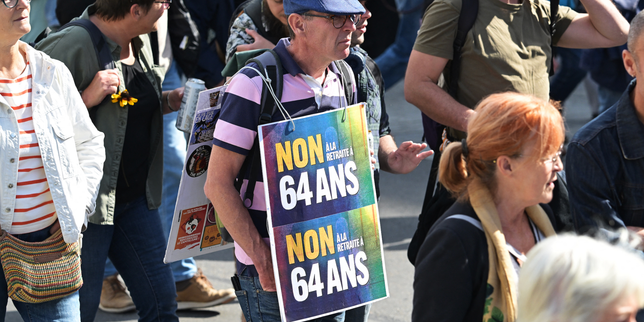Macron Proposes Temporary Halt on Retirement Age Increase Amid Political Crisis
President Macron proposes a temporary halt to raising the retirement age until 2027 amid political turmoil and opposition demands to suspend pension reform.
- • Emmanuel Macron proposes temporarily blocking the retirement age increase until the 2027 election.
- • The pension reform law raises the retirement age gradually from 62 to 64 years.
- • Opposition parties, especially the Socialist Party, seek suspension of the pension reform.
- • Prime Minister Sébastien Lecornu resigned amid political instability but is expected to be reappointed.
Key details
On October 10, 2025, French President Emmanuel Macron proposed a significant concession on the controversial pension reform by suggesting a temporary suspension of the planned increase in the legal retirement age until the 2027 presidential election. This move aims to ease tensions with opposition parties, particularly the Socialist Party, which demands a full suspension of the pension reform law enacted on April 14, 2023. The law controversially raises the retirement age gradually from 62 to 64 years, with adjustments phased every three months per generation. As of October 1, those born in 1963 can retire at 62 years and 9 months, underlining the law’s incremental implementation intended to achieve public savings.
Despite Macron’s concession, left-wing opponents remain unsatisfied, continuing to push for the suspension of the entire reform. The political context remains volatile, complicated by the recent resignation of Prime Minister Sébastien Lecornu after less than a month in office. Lecornu stepped down amid intense political instability, citing partisan ambitions ahead of the elections. Macron has since returned to the forefront to negotiate a path through the crisis.
The government faces mounting challenges, including a crucial budget proposal under threat due to internal divisions and opposition hostility. Negotiations are ongoing to stabilize the government and avoid a parliamentary dissolution, with Lecornu expected to be reappointed Prime Minister as part of efforts to maintain governance and advance legislative priorities.
Former Prime Minister Élisabeth Borne has expressed support for suspending the retirement reform, highlighting the deep divisions within Macron's camp. Meanwhile, talks with opposition groups have yet to yield meaningful consensus, leaving the future of the pension reform uncertain and contributing to a fraught political atmosphere.
Macron remains relatively calm publicly but is confronted with significant pressures as the 2027 presidential election approaches, underscoring the pension reform’s central role in French political debates and the government's survival. The temporary halt proposal is seen as a strategic attempt to bridge divides, though the battle over pension policy reforms continues to dominate France’s political landscape.
This article was translated and synthesized from French sources, providing English-speaking readers with local perspectives.
Source articles (2)
Source comparison
Latest news
France Returns the Djidji Ayôkwé Talking Drum to Côte d'Ivoire After Over a Century
Record 37 Days of Rain Triggers Ongoing Severe Flooding in Western France
Political Divisions and Social Tensions Intensify Following Quentin Deranque’s Death in Lyon
French Economy Minister Calls for Full Insurance Industry Mobilization Amid Devastating Storm Floods
France Boosts Social and Solidarity Economy with New Tools and Potential Tax Reforms in 2026
Saint-Nazaire Mayor Condemns Vandalism of Two Political Offices as Attack on Democracy
The top news stories in France
Delivered straight to your inbox each morning.


